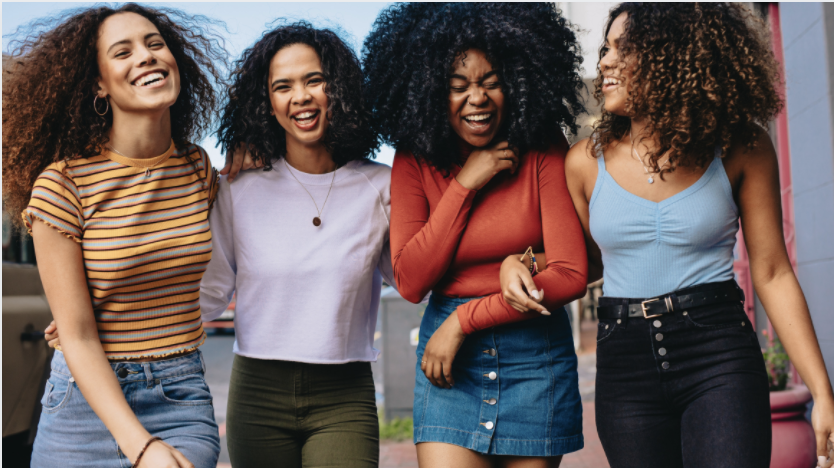July is National Bebe Moore Campbell National Minority Mental Health Awareness Month – also known as BIPOC Mental Health Awareness Month! It was declared in 2008 as a time to bring awareness to the unique struggles underrepresented groups face in the US in regards to mental health.
Studies have shown that BIPOC people (and other minority groups) show higher levels of anxiety, depression, suicidal tendencies, and post-traumatic stress disorders. There are major systemic issues as well. People from racial/ethnic minority groups are less likely to receive appropriate mental health care or any mental health support. A 2015 study found that among adults with any mental illness, 48% of white people received mental health services compared with 31% of black and Hispanic people ( 2015 National Healthcare Quality and Disparities Report). Black Americans are 20 percent more likely to report serious psychological distress than their white peers. Despite this, many studies have shown that Black Americans are less likely than white people to seek out treatment and more likely to end treatment prematurely.
There are many reasons why minority groups are not receiving the care they need. Unfortunately, in most cases, society’s deep-rooted prejudice towards such stigmatized minority groups is a major cause of feelings of rejection, estrangement, and at times harassment. Deep-rooted systemic issues have led to a long-held distrust in minority communities in regards to mental health care (and healthcare as a whole). Many factors play into the lack of access to treatment, including but not limited to insurance struggles, stigma, lack of diversity within providers, lack of culturally competent providers, language barriers, inadequate support, and more. For all of these reasons, it is critical that providers embody a commitment to diversity and equity, education, advocacy, and awareness to ensure ALL people get the mental healthcare they need when they need it.
The 2021 theme is strength in community, highlighting the alternative mental health supports created by BIPOC and queer and trans BIPOC (QTBIPOC). As a community mental health provider, we are constantly working to enhance our cultural competence, work toward anti-racism and equity, and support shifts in the systems of care that support people of all backgrounds. Specifically, Mental Health America is shining light on three main areas:
- Community care references the ways in which communities of color have provided support to each other. This can include things such as mutual aid, peer support, and healing circles.
- Self-directed care emphasizes that people with mental health and substance use conditions should have decision-making authority over services they receive.
- Cultural care refers to practices that are embedded in cultures that are passed down through generations that naturally provide resiliency and healing.
To learn more about these areas and BIPOC Mental Health Awareness Month, visit the Mental Health America site. As a community mental health provider, we are constantly working to enhance our cultural competence, work toward anti-racism and equity, and support shifts in the systems of care that support people of all backgrounds. We all play a role in ensuring all people have comprehensive, effective, and culturally competent mental healthcare. This month offers the opportunity to learn more, increase awareness, and advocate for change – but we must extend this focus throughout every month in order to care for us all.

